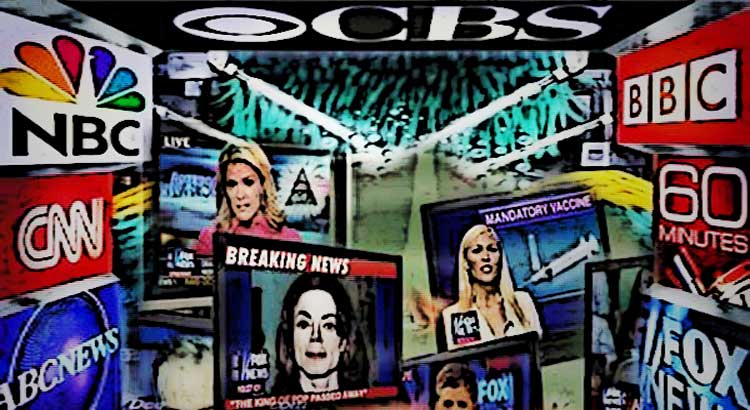
Written by Miljana Pudarevic exclusively for SouthFront; Edited by Alexandros Spiliotis
Last week, the UK citizens took the historic decision to quit the EU. However, London is in no hurry to officially declare its intentions to leave the bloc. Now the question is, what chances does Brexit have of actually happening?
The referendum itself is not legally binding, which means that the government could decide to ignore the results. But doing so could cause a negative reaction from the 52% of British citizens who voted to leave the European Union. So, London decided to choose another way.
At first, British mass media started talking about “cheated young voters”, who were against the country’s exit from the EU. These young voters, aged 18 to 24, accuse old and grumpy accuse people of taking away their opportunity to have themselves “free education, golden pensions and social mobility”, which the older people have enjoyed in their time, by voting Leave. But these young voters make up just 5% of the electorate, and only 1/3 of them actually voted. A question naturally emerges: if they cared so much about the result, then why didn’t they all vote? And, additionally, why should they deserve some special attention?
Then, after the referendum, an English Democrat activist, William Oliver Healey, set up a petition on the UK parliament website. The petition calls for a second referendum, on which everyone will have a chance to express his “real opinion”. At the moment, it has already collected 3.941.836 signatures – practically 4 million signatures in less than 4 days. It does look a little strange, such a large number of signatures in such a short period of time. At the same website we can find another petition, which was created a lot earlier. It calls to cancel the planned referendum altogether, and it only has 61.900 signatures. But why such a massive difference in support for a similar petition that would aim for the same result? Remarkably, any person in the world can sign any petition on the UK parliament website; one just needs to have an email address.
For example, The Telegraph informs us that the petition was signed by 39.411 residents of Vatican City, 23.778 people from North Korea, 2.089 residents of Hong Kong and even several people from Vanuatu and Wallis and Fortuna. Thus it seems that the whole world cares about the future of the UK. Also, the “EU Referendum Rules triggering a 2nd EU Referendum” petition collected 39,411 signatures of inhabitants of the Vatican, which has a total official population of only 800 people.
Information about the rash of post-Brexit hate crimes became the last straw in this “anti-Brexit cocktail”. Mass media believes that graffiti on the wall of a Polish cultural centre in London, which appeared there three days after the vote, and verbal abuse against members of ethnic minorities are serious reasons to speak about a surge of hate crimes in the UK. However, many reports of incidents were greatly exaggerated. After all, who among us has not ever heard some verbal abuse at the street? But London identifies the referendum as the source of this surge– that people use the result to say things like “we are out of Europe, so now you can’t be here, go back home”. But is the situation as serious as they want to show it is? And can the referendum have been the catalyst of such events?
While the mainstream media are running a campaign against Brexit supporters, London plays for time. UK Prime Minister David Cameron spoke out about his plans to step down in October. Until then, no significant steps towards leaving the EU will be made. However, the result of the referendum will not disappear by itself; ultimately, London will have to take a conclusive decision.




Here is just a sample of who owns the American media. Can you imagine who owns and pulls the strings with the much worse BBC and other UK-media.